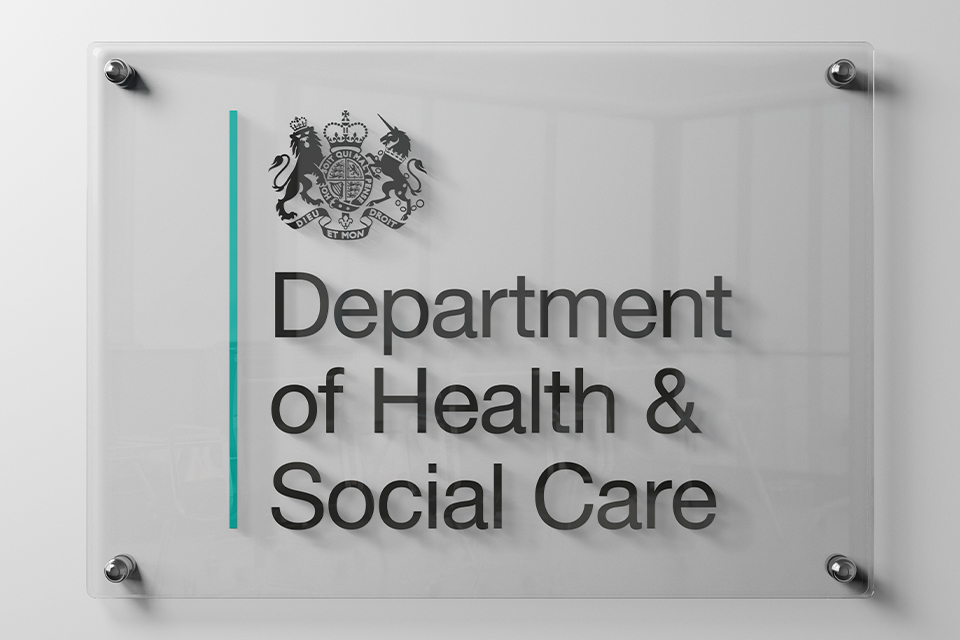The government has been told to set out a definitive and credible plan for digitising healthcare that clarifies spending timelines and prioritises patient experience over simply ‘going paperless’.
King’s Fund says it isn’t clear how healthcare bodies will get their hands on promised cash for digitisation – Photo credit: Flickr, Kenny Cole
In a report on the government’s digital NHS agenda, the health charity The King’s Fund said that there has been a lack of clarity of funding to support the work and a risk that expectations have been set too high since its launch in 2013.
“This agenda has been subject to a confusing array of announcements, initiatives and plans. Shifting priorities and slipping timescales pose a risk to credibility and commitment on the ground,” the report stated.
“Ministers and national leaders must now set out a definitive plan which clarifies priorities and sets credible timescales, generates commitment and momentum, and is achievable given the huge financial and operational pressures facing the NHS,” the report said.
Related content
NHS to invest in digital skills as Wachter review recommends phased digitisation
Integrated care systems need integrated security, says medical IT expert
The report follows the recent government-commissioned review of the state of digital in the NHS by Bob Wachter, which the fund said set “more realistic” deadlines that should be adopted – this includes shifting the timeline back from 2020 to 2023.
One of the fund’s main recommendations was for an “urgent clarification” about when and how funding – including money announced by health secretary Jeremy Hunt earlier this month – would be distributed.
Writing in an blogpost alongside the report, one of its authors Matthew Honeyman said that initial indications that central funding would be allocated to digital roadmaps that supported quality improvements “had been superseded by messages that plans to save money and reduce demand will be favoured”.
In addition, the fund said that the plans to back-load funding to the end of the parliament would make it hard for local areas to plan and risked undermining progress.
It also welcomed the Wachter review’s conclusion that the current funding provided by Treasury – £4.2bn – would be insufficient to achieve the goals set for 2020.
“If the government is serious about achieving its vision, whether by 2020 or 2023, clarity is needed about the funding available to support this, as well as consideration of whether further funding will be required,” the report said.
Another thrust of the Wachter review that the King’s Fund strongly backed was the need for better support for NHS staff to get digital training. “Progress in this area requires much more focus on engaging and upskilling the people (at all levels in the NHS) who are expected to use it,” the report said.
Leaders should also be given more support, and there should be a recognition and “tolerance” among regulators and commissioners that change is complex “and may impact in the short term on an organisation’s ability to meet operational targets”.
Moreover, the report said that “patchy” progress to date indicated that more work would need to be done to encourage uptake at a local level.
“New efforts to articulate the fundamental case for change to local leaders and clinicians may be needed; without them transformational digital change is unlikely to be realised for some time,” it said.
“Successful implementation of this agenda will entail ‘both technical and adaptive change’. The importance of engaging and involving clinicians and frontline staff in the design and roll-out of new technology should not be underestimated.”
This echoes points made by David Walker, former managing director of public reporting at the Audit Commission, last week. Writing for PublicTechnology, Walker said that without gaining buy-in from already stretched healthcare professionals, “it’s hard to see even [Wachter’s] relaxed timetable for delivering digitisation being met”.
The King’s Fund report also stressed that patients will need training and education programmes so they can benefit from a digital NHS. “Simply making services or devices available is not enough to ensure uptake, as we have seen with the early roll-outs of online services,” it said, adding that digital exclusion was a major barrier.
The standard of public discussion about data sharing and consent should also be an area of greater focus, the fund said, pointing to the recent review by national data guardian Fiona Caldicott that urged an overhaul of the opt-in process.
However, beyond the specific recommendations, the fund urged the government not to lose sight of the overall aim of the project – to improve outcomes, efficiency and patient experience. “There is a risk that focusing too narrowly on cost savings and ‘going paperless’ could detract from the ultimate aim,” the fund stated.



